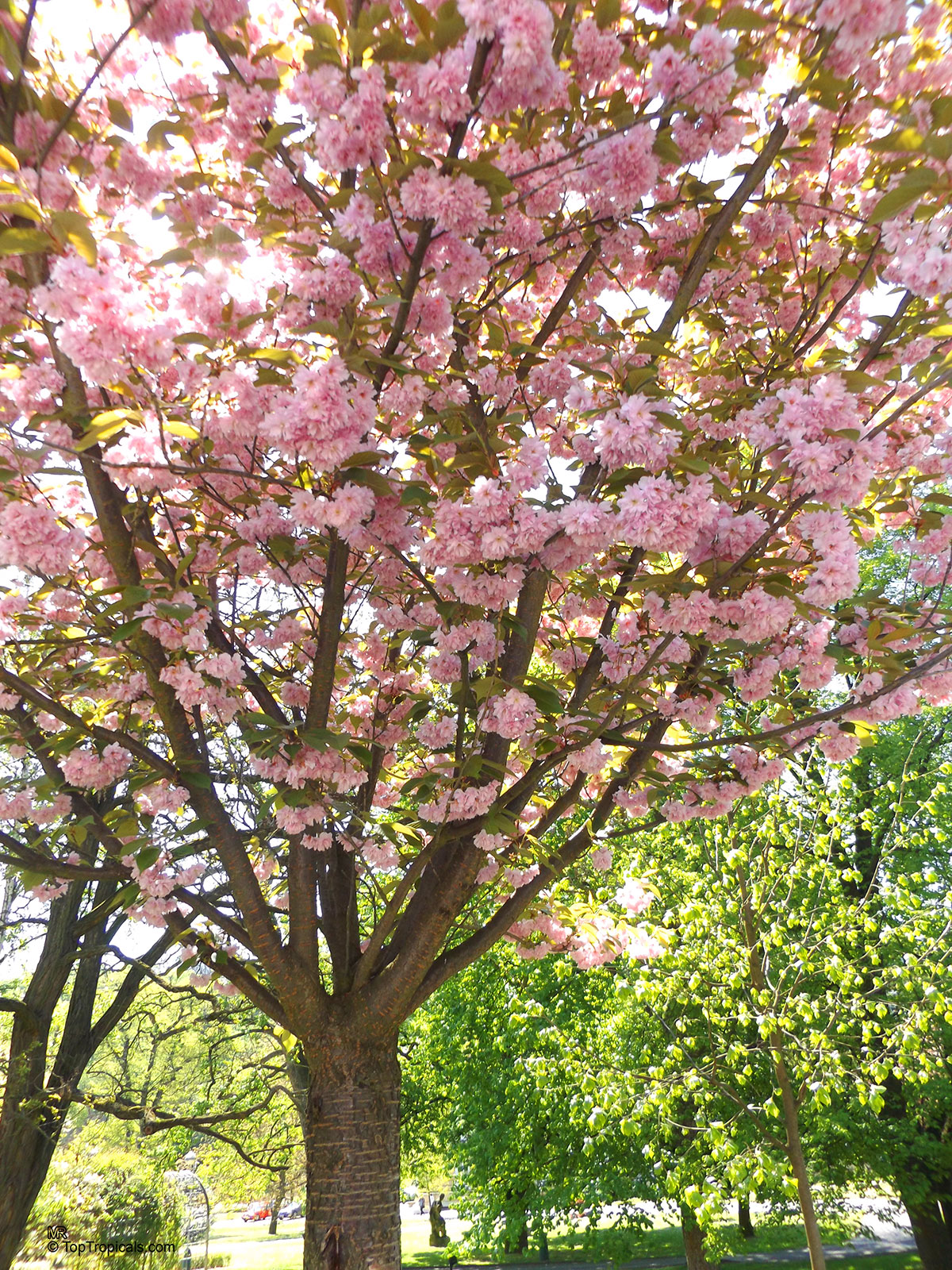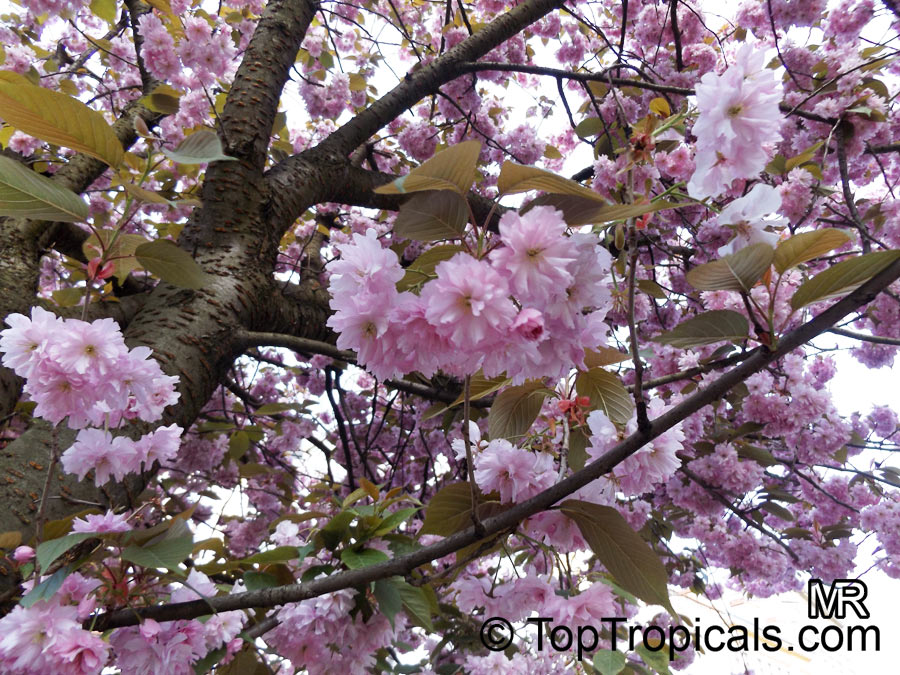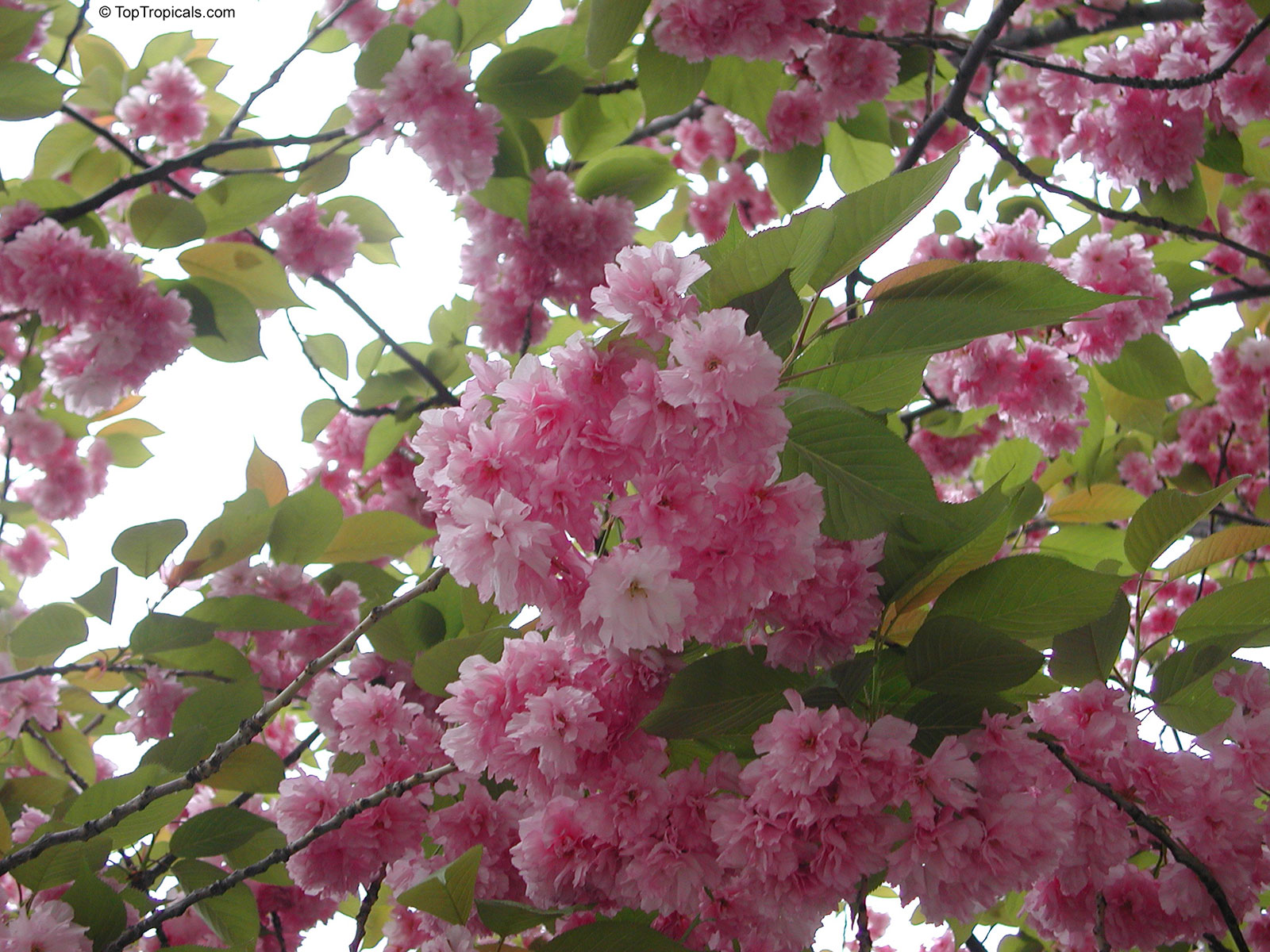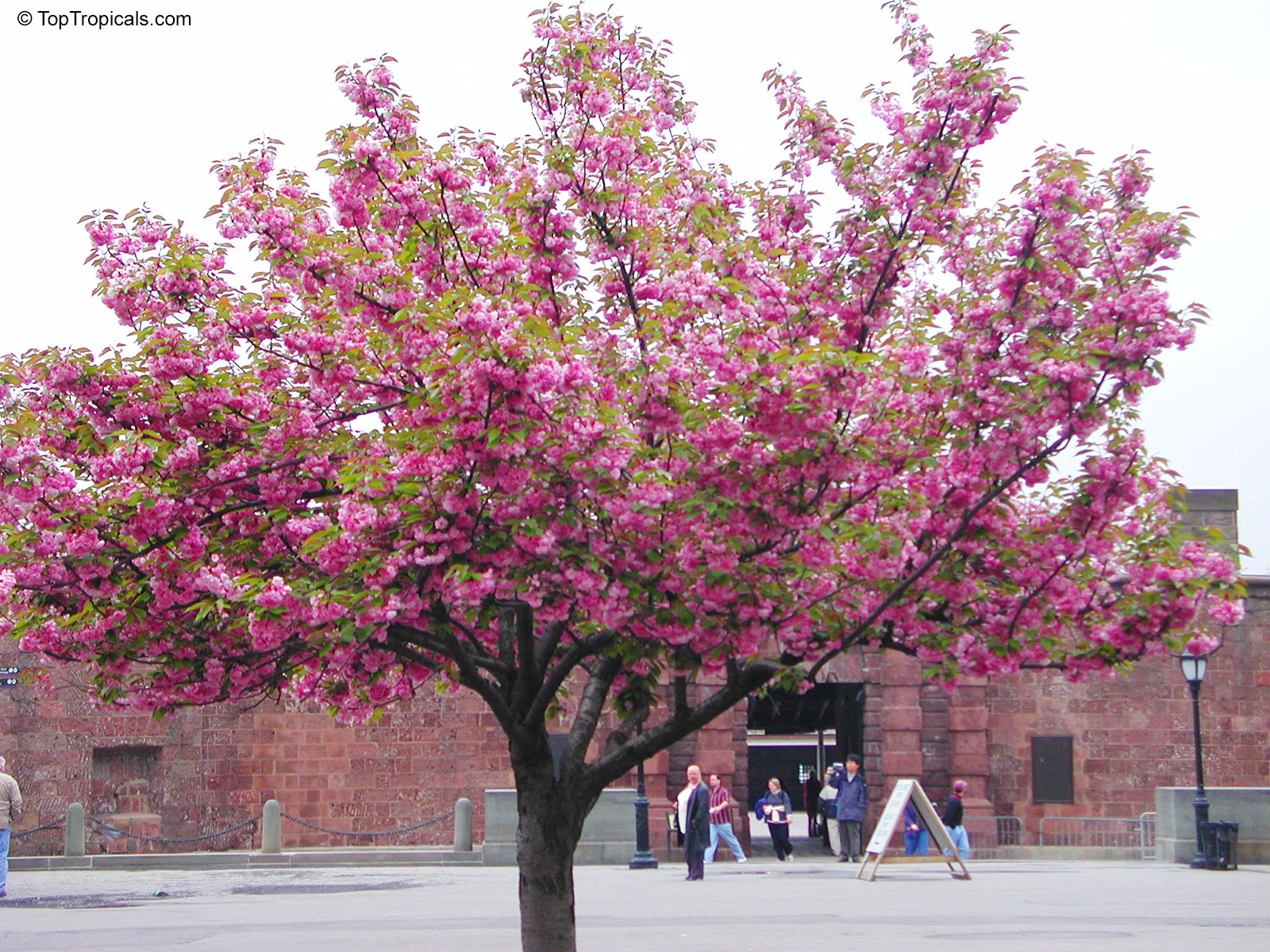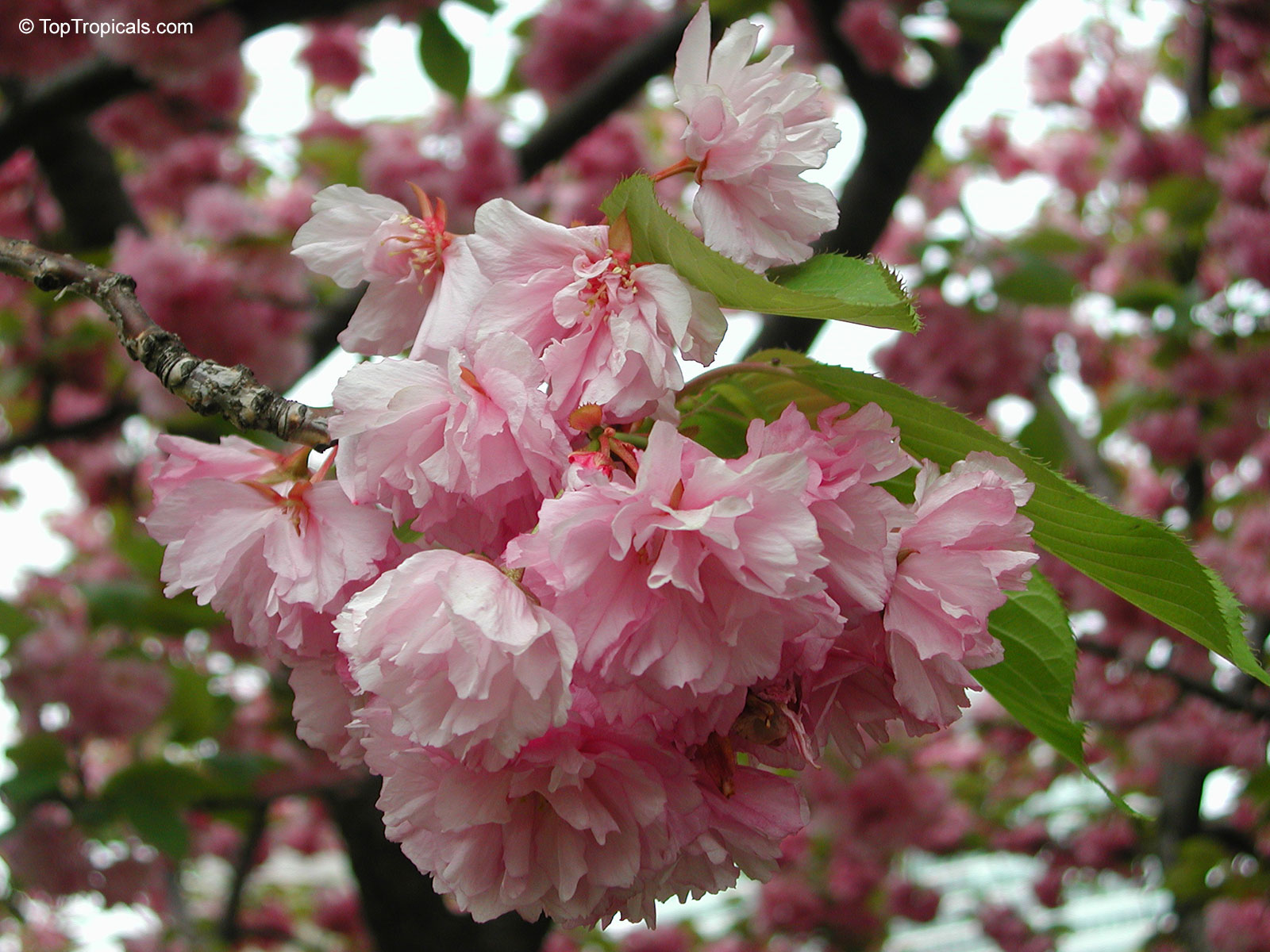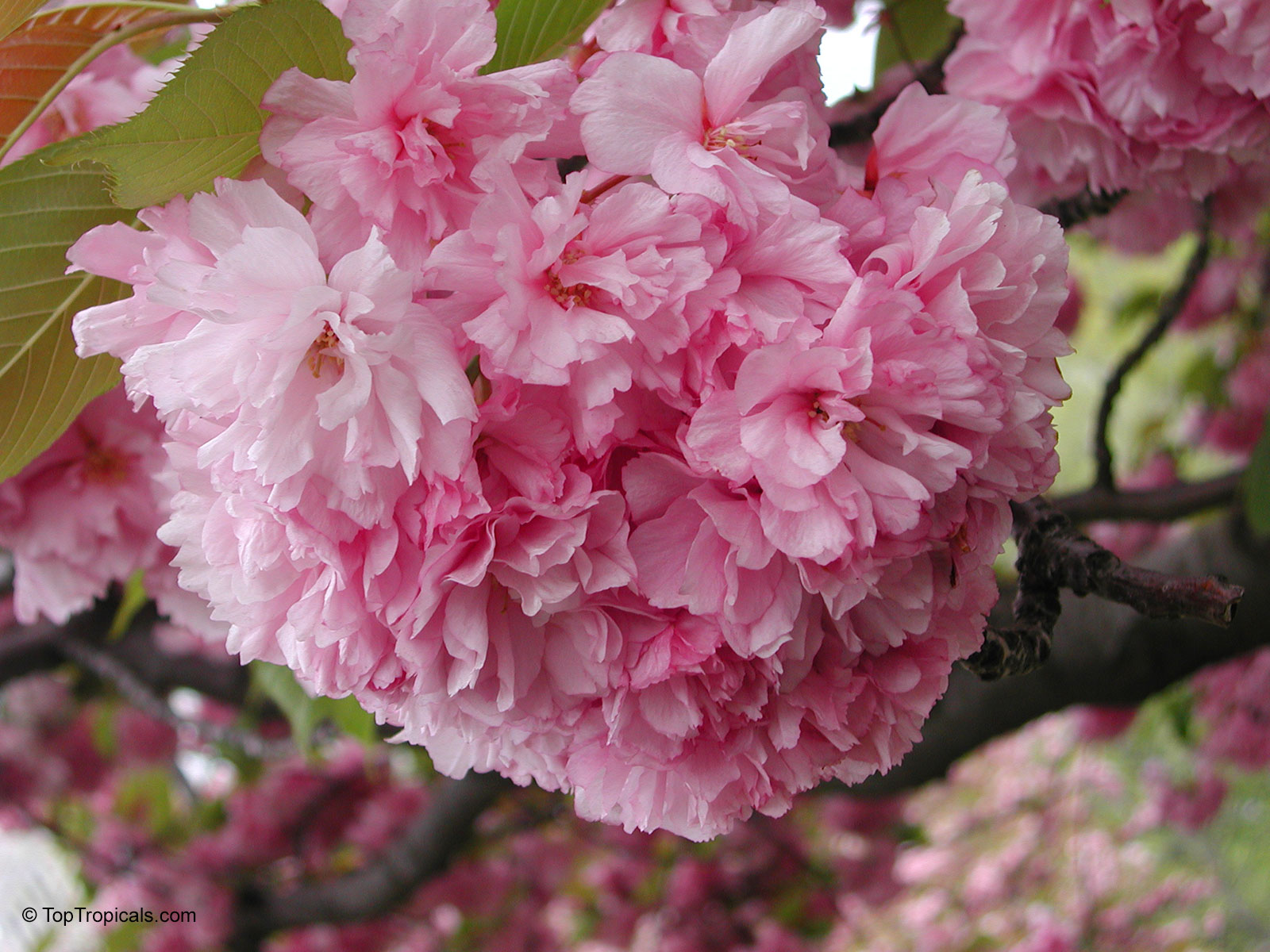Prunus serrulata 'Sato-zakura Group' (Japanese Cherry)
Botanical name: Prunus serrulata
Common names: Japanese Cherry, Sakura
Cultivar group: Sato-zakura Group
Family: Rosaceae
Origin: Japan, Korea, China












This Japanese cherry tree is a species native to Japan, Korea, and China that is popularly used for bonsai. Prized for its attractive and fragrant pink, white, and off-white flowers, it can grow up to 10-20 feet tall in full sun to semi-shade and requires regular to moderate water. It's a deciduous plant that is highly attractive to butterflies, hummingbirds, and other wildlife, making it perfect for any garden. Thanks to its small size and versatility, it can be grown in a variety of climates. It is cold-hardy in USDA Zones 5-9.
When growing the Prunus serrulata in pots or other containers, it's important to note that the container needs to be large and visible during the winter season. You need to make sure that the pot is placed in a spot sheltered from cold winter winds. Ensure that your plant is receiving adequate light during the winter months and that it is watered regularly, providing the soil is not frozen. In addition, your container should be well-drained, allowing excess water to escape.
Finally, the Prunus serrulata is exceptionally hardy and can tolerate cold conditions, but during particularly harsh winters, it's important to ensure the tree is protected. Consider adding layers of mulch around the base of the tree for insulation, and use a fabric tree wrap to help insulate the trunk, and the branches of young trees. These steps will go a long way in preventing winter damage and keeping your Japanese cherry tree looking its best throughout the seasons.
Similar plants: Prunus serrulata 'Sato-zakura Group' (Japanese Cherry)
- Prunus armeniaca (Apricot)
- Prunus avium (Wild Cherry)
- Prunus campanulata (Taiwan Cherry)
- Prunus cerasifera (Cherry Plum)
- Prunus cerasoides (Himalayan flowering cherry)
- Prunus dulcis (Almond)
- Prunus glandulosa (Chinese Bush Cherry)
- Prunus ilicifolia (Hollyleaf Cherry)
- Prunus laurocerasus (Cherry Laurel)
- Prunus persica 'Nectarina' (Nectarine)
